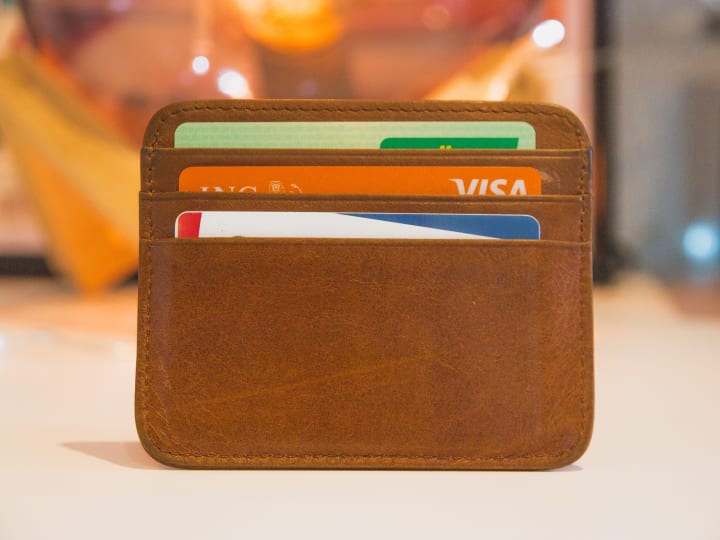It's easy to get caught up in the idea that credit cards are evil. However, the reality is that, just like anything else, they can be a financial tool. It's just all about your perspective and how you use them.
Mike Scanlin, the CEO of Born to Sell, points out that credit cards can be helpful in managing your cash flow. With the right rewards programs, you can even make a little money and gain other benefits from your credit card use.
Here are 7 tips for incorporating credit cards into your budget.
1. Always Pay Off the Full Balance
Rule number one of effective credit card use is to pay off the balance every month. You don't want to be forced to pay interest since that destroys the value of your rewards, and carrying a balance leads to loads of debt.
Scanlin recommends setting up autopay if you can. If you're confident you will be able to pay off the card balance each month, you can arrange to have your card issuer automatically withdraw the balance amount from your bank account.
2. Use Low-Interest, Low-Fee Cards
"You're not planning to pay interest or fees, but you should have these types of cards, just in case," Scanlin says. Sometimes, the unexpected means you have to carry a balance for a month or two, and you want to pay as little as possible. Seek out low-interest, low-fee cards and use those for regular budget purchases each month.
3. Set Up Your Bills to Auto-Charge Each Month
If you want to earn points quickly, you should have your bills automatically paid using your credit card account. Instead of a direct debit from your checking account, most utilities, telecom companies, and gyms will allow you to use a credit card instead.
You might not be able to pay your mortgage or car loan with a credit card, but other bills can usually be paid this way. This frees up your checking account in cash flow situations, and builds rewards faster — using money you'd spend anyway.
4. Beware of Cards With Foreign Fees
"If you travel abroad, get a no-foreign-fee card," suggests Scanlin. "This will save you 3% on all foreign purchases." If you travel abroad frequently, or expect to in the future, look for a card without foreign fees attached to it. This will allow you to earn points without forfeiting money on overseas fees.
5. Get at Least Two Cards
You should have at least two different cards, says Scanlin. He points out that you'll want one for your personal purchases and another for business expenses.
This tip is especially important if you own a business. "This will make your life much simpler at tax time," Scanlin points out.
6. Don't Get Too Many Cards, Though
Even though you want at least two different cards, Scanlin warns against getting too carried away. "Don't get 10 different cards just because of 10 different promotions," he says. "It sounds enticing at the time, but once you get 10 statements in the mail, and you can't remember which card should be used for which purchases, your plan falls apart."
7. Ask for a Credit Limit Increase
"Every six months, call the card companies and ask for a credit line increase," suggests Scanlin. "If you've been using the cards and paying them off on time, they should give you an increase at least once per year."
This can enable you to put all of your expenses on your cards, racking up the points, and using them for free travel or cash back. As long as you stick to your spending plan and don't use the rewards as an excuse for excessive spending, Scanlin says there's no reason that you can't reap the benefits while easing your cash flow.
Written by Miranda Marquit for MoneyNing and legally licensed through the Matcha publisher network. Please direct all licensing questions to legal@getmatcha.com.




